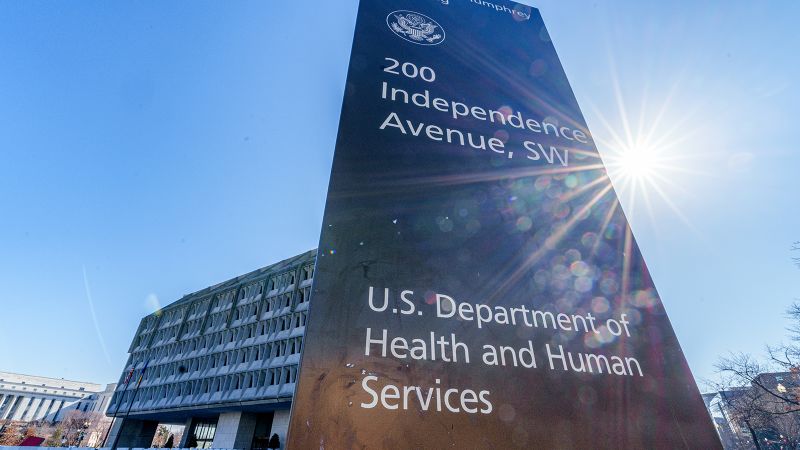In a significant move, the Trump administration has ordered federal health agencies to temporarily halt all external communications. This order, as disclosed by sources within these agencies, particularly affects vital scientific reporting, website updates, and health advisories, generating considerable concern and curiosity among health officials and the public alike. The implications of this directive are profound, given the routine nature of information dissemination in public health.
The directive was issued on a Tuesday and primarily targets agencies under the US Department of Health and Human Services (HHS), including prominent organizations such as the US Food and Drug Administration (FDA), the US Centers for Disease Control and Prevention (CDC), and the National Institutes of Health (NIH). The initial report from the *Washington Post* has raised eyebrows, especially considering the importance of these agencies in managing public health information across the nation.
According to the sources, the order was delivered unexpectedly and came with little to no guidance on its specific scope or duration. This lack of clarity has prompted concerns from within the agencies. Some officials, who requested anonymity due to their sensitive positions, have reported that the reasons for the communication freeze were not clearly outlined, leading to speculation about the intent behind this abrupt decision.
While it’s not uncommon for new administrations to initiate a review of information dissemination before allowing updates, the expansive nature of this order appears to stand out. It signals an unusual level of scrutiny directed toward the routine operations of health agencies that play critical roles in providing timely and accurate health information to the public. This becomes particularly crucial during times of health crises, such as the current surveillance for the H5N1 bird flu outbreak, which affects poultry and dairy cattle, as well as those who work in proximity to these animals.
The source of this directive can be traced back to Stefanie Spear, the newly appointed deputy chief of staff at HHS. Spear has recently transitioned into her role, having previously worked as the press secretary for Robert F. Kennedy Jr. during his campaign for the 2024 presidency. Kennedy has been nominated by Trump to serve as the HHS secretary, though his confirmation by the Senate is pending. This appointment potentially underscores a shift in how health information is managed at a federal level.
Efforts to obtain commentary from the White House regarding this order have not yielded immediate responses. CNN’s inquiries directed to Spear and various health agency spokespeople have resulted in referrals to HHS, who have similarly yet to respond. The radio silence surrounding this order may add to the sense of unease that the health agencies are already experiencing.
Experts have weighed in on the implications of this communication freeze. Dr. Brian Castrucci, the president and CEO of the de Beaumont Foundation, emphasized that although a temporary halt in the flow of health information should not lead to alarm, the enforcement of this pause merits scrutiny. Dr. Castrucci stated that if there are critical communications that require immediate dissemination, they should not be withheld, as delays in sharing crucial information could have dire consequences in terms of public health and safety.
Overall, the decision to pause external communications within essential health agencies raises substantial questions about governmental transparency, public health safety, and the mechanisms of information flow during urgent health situations. As the nation navigates through ongoing public health threats, the ability of health agencies to communicate effectively becomes increasingly important not just for operational efficiency, but for the safety and reassurance of the populace they serve.












